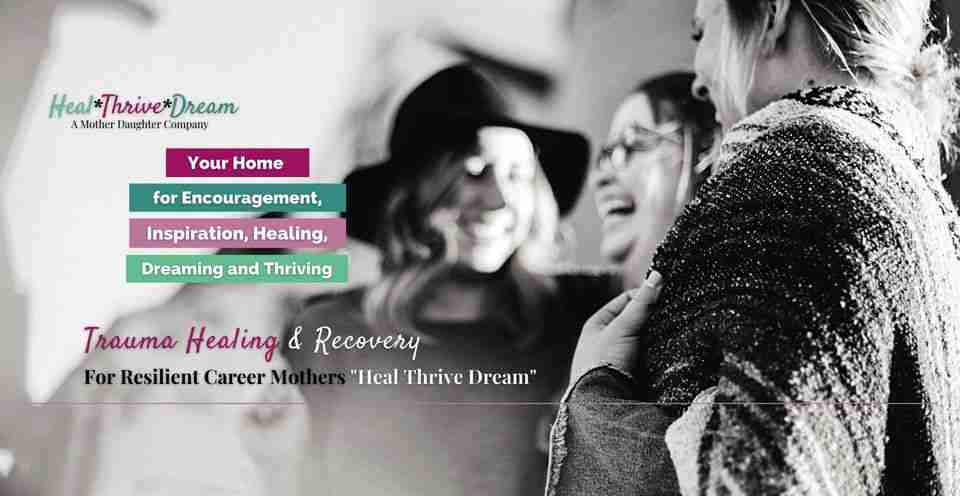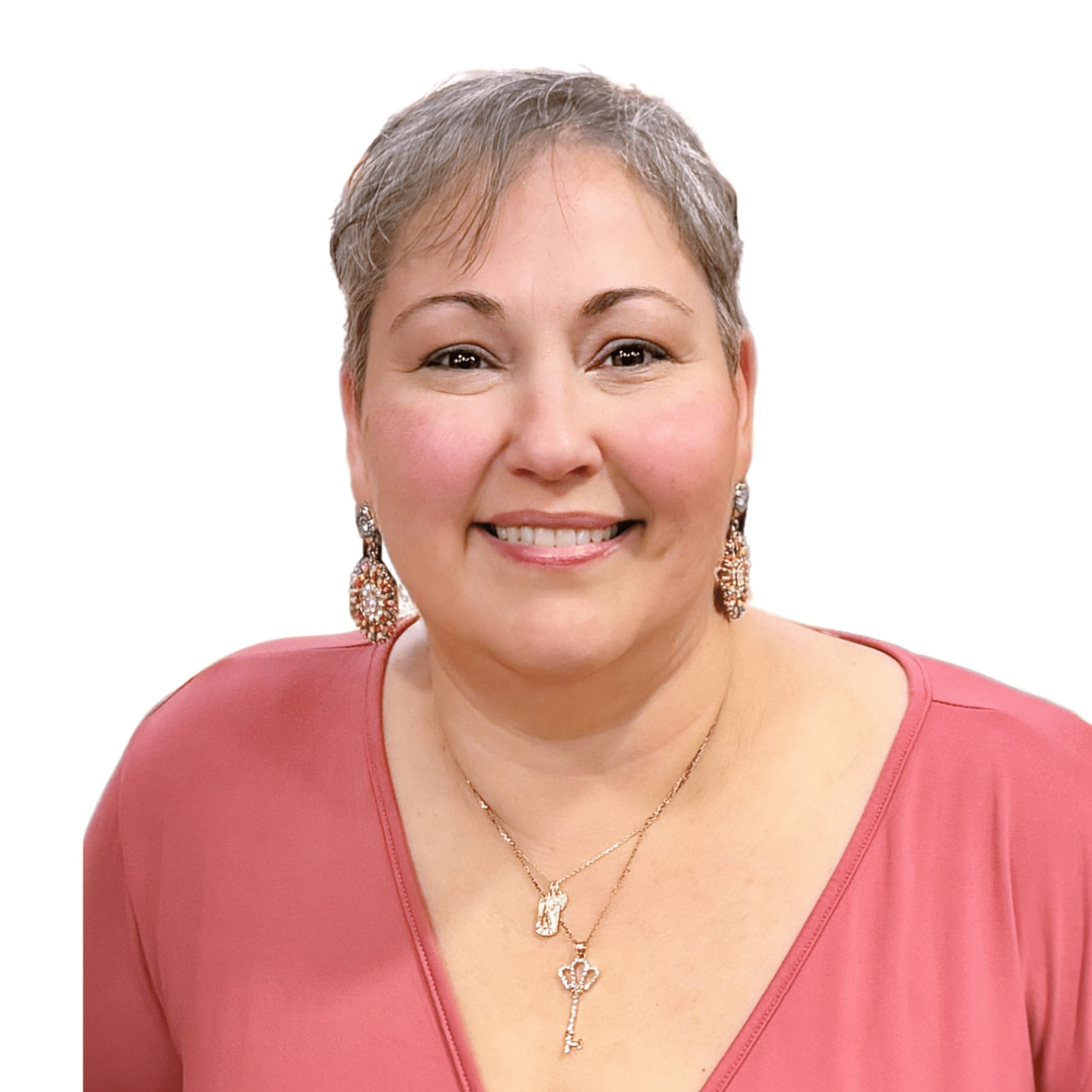Healing Shame Through Collective Support
In the face of shame, finding solace within a community can often be the catalyst for healing and transformation. The journey towards overcoming deep-seated feelings of shame can be an arduous one, but with the power of group membership, you have an opportunity to break free from the oppressive feelings surrounding your past trauma, including feelings of shame. Whether through support groups or other communal settings, this article delves into how embracing collective experiences can pave a hopeful path towards your self-acceptance and restore your sense of belonging. By exploring the interconnectedness between community, trauma, and shame, I aim to shed light on the transformative potential that lies within group membership to mend your wounded spirit.
Why Groups?
Group membership can be a valuable tool in supporting women recovering from sexual assault, childhood abuse, domestic violence, or from any other type of trauma. Being part of a group can provide you with a sense of community and validation, which can help you feel less alone and more understood. Group members can share their experiences and offer support to one another, which can be incredibly healing.
In addition to emotional support, group membership can also provide you and the other survivors with practical tools (I suggest some of these later in this post) for coping with shame and self-blame. Groups may offer therapeutic coaching and peer support. Memberships also often provide resources and information about other community services, support groups, and available programs for survivors of specific traumas.

Understanding Shame and Self-Blame
Before I dive into practical solutions, it's important to understand what shame and self-blame are and how they can manifest in trauma survivors.
Traumatic experiences have a profound impact on your personal mental health and well-being. One of the most challenging aspects of trauma recovery is coping with feelings of shame and self-blame. These emotions can be incredibly powerful and pervasive, making it difficult to move forward and heal. Shame is a complex emotion that can be defined as the feeling of being unworthy, inadequate, or exposed. It can be triggered by a variety of situations, including those that are outside of your control. You may have experienced shame due to societal attitudes that blame the victim or suggest that you somehow brought the abuse/assault upon yourself. This is not true and is garbage.
Self-blame, is the tendency to blame yourself for the events that occurred. It can be your attempt to regain a sense of control or to avoid the feeling of helplessness that often accompanies trauma. Self-blame can be particularly damaging because it can lead to negative self-talk and a sense of unworthiness. Again, this is garbage. It is unfortunate that society, families, and even survivors themselves turn on themselves.
If you're struggling with shame and self-blame after experiencing trauma, it's important to know that you're not alone. Many survivors experience these emotions, and it's not a reflection of weakness or personal failure. However, it's also important to recognize that shame and self-blame can be harmful to recovery and prevent you from reaching your desired outcomes. So, please don’t claim the shame!

Common Triggers and Reactions
It's common for survivors to experience triggers that activate feelings of shame and self-blame. These triggers can be anything that reminds you of the assault, abuse, or adverse event. Triggers can be a particular smell, sound, or location.
Triggers alter the way we perceive and react to the world around us. While your experience may feel unique, there are common triggers that can resurface unexpectedly, stirring up painful memories and emotions. By understanding your particular triggers you will bounce back more quickly and not feel so caught off guard or off balance.
One of the most prevalent triggers after trauma is sensory reminders. Smells, sounds, or even certain textures can transport you back to the traumatic event in an instant. For example, a loud noise may trigger intense anxiety for a combat veteran suffering from post-traumatic stress disorder (PTSD). However, it is important to remember that these triggers do not define us; they are merely signals from our bodies alerting us to past wounds that need healing.
Your reactions to triggers can create anxiety, depression, or anger. Please don’t engage in self-harm or other destructive behaviors in an attempt to cope with your emotions. If this is how you have responded to your triggers up until now, please reach out for help. Self-harm may temporarily release your emotional pain, but harming yourself can perpetuate feelings of shame and self-blame. Let’s stop this cycle.

Challenging Shame and Self-Blame
Challenging shame and self-blame are an important part of your recovery. It's not an easy process, but it can be incredibly empowering and lead to a greater sense of self-worth and resilience.
One way to challenge shame and self-blame is to identify and challenge your negative self-talk. This can be done by recognizing when you're engaging in this habit (negative self-talk is a habit) and questioning whether your thoughts are accurate, healthy, or helpful. For example, if you find yourself thinking "It was my fault," challenge that thought by asking yourself, "Is that really true?" or "Is it fair to blame myself for someone else's actions?"
Practicing self-compassion is another powerful tool for overcoming shame and self-blame. Self-compassion involves treating yourself with the same kindness and understanding that you would offer to a friend. It means acknowledging that you're not perfect and that you're doing the best you can. To learn more about self-compassion, I recommend the work of Dr. Kristin Neff. Her book, “Self-Compassion: The Proven Power of Being Kind to Yourself” and her accompanying workbook, “The Mindful Self-Compassion Workbook: A Proven Way to Accept Yourself, Build Inner Strength, and Thrive.”
Recognizing and addressing unrealistic expectations and societal messages is another important step in overcoming shame and self-blame. You may feel the pressure to "get over" the trauma quickly or to behave in a certain way. These expectations can be damaging and prevent healing. It's important to recognize that healing is a process and that no one has the right to tell you how you must heal or move on
Conclusion and Invitations
Healing shame within group memberships or support communities is an evidence based intervention for trauma recovery. Acknowledging and addressing the impact of shame has on you, fosters healing, growth, and understanding. It is important for survivors to actively engage in open and honest conversations about shame, while being mindful and offering support and compassion to anyone who has experienced the destructive effects of shame.
Overall, group membership can be a powerful in the recovery process for survivors of any trauma(s). By connecting with others who “get it” you and other survivors can find a sense of belonging and hope for the future.
If you are ready to work with me closely in my paid on-line membership, we are ready for you!
Undecided? We welcome you into our free Facebook Group.





PTSD is complex.Shame and self blame can be difficult to handle.Community therapy may help if it's guided by a professional.
Such an important topic, thank you for addressing it. I like your call to not claim the shame!